Darren Scott fala no Independent sobre o impacto de Madonna em sua vida e toda sua influência no universo LGBT falando sobre a AIDS, camisinha, liberdade sexual e todo o bem que essa mulher promove.
There are many scents that transport me to another place and time. But there’s one that’s so important that its message has stuck with me for almost 30 years.
In 1989, Madonna ruled the world. Her rise to fame had been fairly rapid since her first single, Everybody, in 1982. By 1985, she had released True Blue, which went on to become one of the biggest selling albums by a female artist. But in March of 1989, she released the album Like A Prayer and it seemed as though Madonna-mania had gripped the planet.
While that masterpiece – with its relentless stream of coming-of-age anthems and dramas – evokes many memories, it’s the smell of the packaging that, to paraphrase HRH, “takes me there”.
Doused in patchouli oil, it was intended to simulate church incense. But in my mind, it’s forever associated with a card insert that came with every copy.
It was called “The Facts About Aids”.
Now, in those days – in fact, pretty much as in 2018 – sex education at school wasn’t that great for a baby gay like myself. But that was probably fine, because by this point I had been put off it for life after being terrified by government adverts with icebergs, and subsequently school contemporaries telling me I was going to die of Aids – and this was before I even knew I was gay, let alone having bleached my hair or had anything pierced.
Madonna – who I had inexplicably been drawn to since offerings such as Gambler and Dress You Up, those contemporaries seeing the signs before I did – was now changing my life in a different way, by teaching me a lesson I would never forget.
The leaflet referred to Aids as “an equal opportunity disease”. It went on to explain: “People with Aids – regardless of their sexual orientation – deserve compassion and support, not violence and bigotry”. Three simple facts followed, explaining how you could get Aids, and then an equally simple message telling you to wear a condom.
Never mind that at that age, and in that different time, sex with a condom was precisely that – sex with a condom. There wasn’t anyone else involved for years. But it always, always stuck with me. And it was just the beginning, as Madonna would ultimately teach me more about sex than I ever learned at school.
“Aids is no party!” the leaflet signed off with, and Madonna was only too aware. She had already lost her good friend Martin Burgoyne – who also designed the sleeve to her Burning Up single – to the epidemic by this point. The Madison Square Garden show of her Who’s That Girl Tour in 1987 became an Aids benefit, with money raised going to the American Foundation for Aids Research (amfAR).
By 1989, her ballet teacher and mentor, Christopher Flynn, had been diagnosed and would die of Aids the following year.
Speaking about Christopher with Interview magazine in 2010 she said: “Growing up in Michigan, I didn’t really know what a gay man was. He was the first man – the first human being – who made me feel good about myself and special. He was the first person who told me that I was beautiful or that I had something to offer the world, and he encouraged me to believe in my dreams, to go to New York. He was such an important person in my life. He died of Aids, but he went blind toward the end of his life.”
Just over a year after the release of that life-changing album, Madonna’s Blond Ambition Tour – arguably the greatest pop concert ever – would open on 13 April, racking up 57 shows before it finished on 5 August. But she was to lose another friend to Aids before the tour began.
Artist Keith Haring was just 31 years old. Madonna dedicated the final US date of Blond Ambition to him, and once again the proceeds were donated to amfAR.
The safe-sex message played throughout the show. “Hey, you, don’t be silly, put a rubber on your willy,” she would sing, before performing Into The Groove. She knew.
It’s a tragic irony that some of the dancers on that tour – as seen in the 2016 documentary, Strike A Pose – would later disclose they were HIV positive. One of them, Gabriel Turpin, is sadly no longer with us due to an Aids-related illness.
In 1991, a handwritten letter from Madonna about the effects of Aids was published in Billboard’s December issue. It listed organisations that people could donate to at a time of goodwill, and declaring it a war, it went global.
We just didn’t have “celebrities” – as they weren’t called then – let alone global superstars, speaking out against Aids in those days. Arguably, you still don’t hear enough in 2018. Madonna has been fighting that cause very vocally, relentlessly, for three decades.
We shouldn’t be talking about Madonna just because she’s turned 60. We should be talking about Madonna every single day, because she’s a living legend – and there really aren’t many of those, despite what children on Twitter might have you believe.
Listen to the lyrics of Express Yourself. Go on, I’ll wait. Now apply them.
Madonna is empowering.
Sex back then could be frightening. Madonna wasn’t having any of that.
She reclaimed sex and the perceived promiscuous sex life of gay men. She championed sex and sexuality at a time when people were terrified of sex because of the pandemic. But she preached to be safe with it. And the world listened.
She released the coffee table photo publication, Sex, in 1992 – a book so closely associated with toilet parts that it should’ve had a “Now wash your hands” sign at the end. Heavily criticised at the time, it is now considered to be a work of art.
The album that accompanied Sex, Erotica, saw her shed another skin. She was talking about sex in a post-Aids epidemic landscape, embracing what many might perceive as a sleazy, darker side of sex, but reminding us that it wasn’t shameful, and it was OK to enjoy sex. It was a bold thing to do.
Even though there were songs on the album about dying – In This Life, with lyrics about her lost friends Christopher and Martin – there was still a message about celebrating the enjoyment of sex. But always safely.
It was also about celebrating life, with the song Deeper and Deepertelling the coming out story of a young man with the lyrics: “This feeling inside, I can’t explain, but my love is alive, and I’m never gonna hide it again…”
Madonna took us all under her wing, right from the very start, long before our pounds were pink or even ours to give. Madonna has never proclaimed herself a gay icon. She just simply is. She knows, but arguably she doesn’t play on it. There’s little as tacky as someone acknowledging such a status, let alone declaring themself to be so.
In the early Nineties, when it still wasn’t “cool” to do so, she would publicly lay into homophobic people in interviews. Straight people horrified at the depiction, or possibly even just inclusion, of gay people in Truth or Dare (aka In Bed With Madonna) got short shrift.
She’s a gay icon that doesn’t really do “camp” and rarely accidentally falls into that field. She doesn’t “play up” to her gay fan base – she doesn’t need to, and she also realises they’re much smarter than that. She doesn’t need to condescend, as many since have. She hasn’t, for example, ever needed to write a song that was intended to be a “gay anthem” from the outset, nor one listing sexual preferences in order to find favour with the community.
She’s previously said that she gets turned on by two men kissing. Not that it’s ever been up for debate that she has good taste.
Arguably – and this is just my take on it, don’t write in – she’s a gay icon because at the time we needed a f**k you attitude, with a healthy dose of “I’ll do what I f***ing want” approach to life. Given what the community – and the world – had gone through in the late Eighties and early Nineties, the timing was perfect.
Her relentless insistence on treating us like the equals that we actually are meant that gay culture became part of the mainstream. She did that. Others followed.
To this day she continues to battle for HIV awareness – she recently partnered with Ripple to raise funds for children in Malawi orphaned because of the disease.
She never fails to acknowledge World Aids Day (even if people wildly misunderstand her posts on social media – we’re looking at you, Britney).
I’ll continue to live my life the way Madonna taught me, with a mantra that’s always stuck when I knew I needed to be myself: “Dance and sing, get up and do your thing.”
But the final word should be hers – as you imagine it quite rightly would always be so. Taking to Reddit for her one and only question and answer session, a fan asked: “If you were a gay man, would you be a top or a bottom?”
Madonna’s reply?
“I am a gay man.”
And she’s so obviously a top.


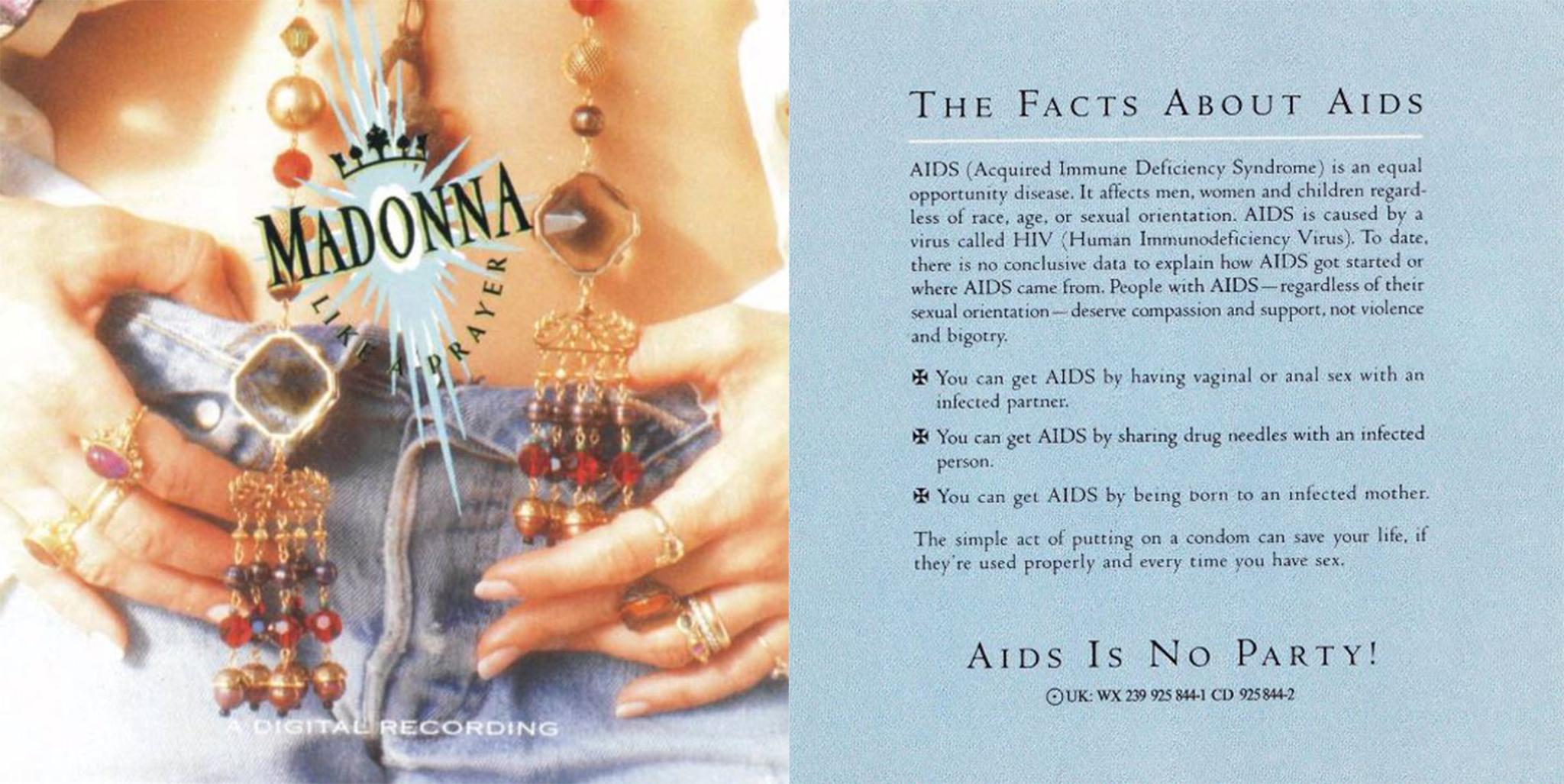
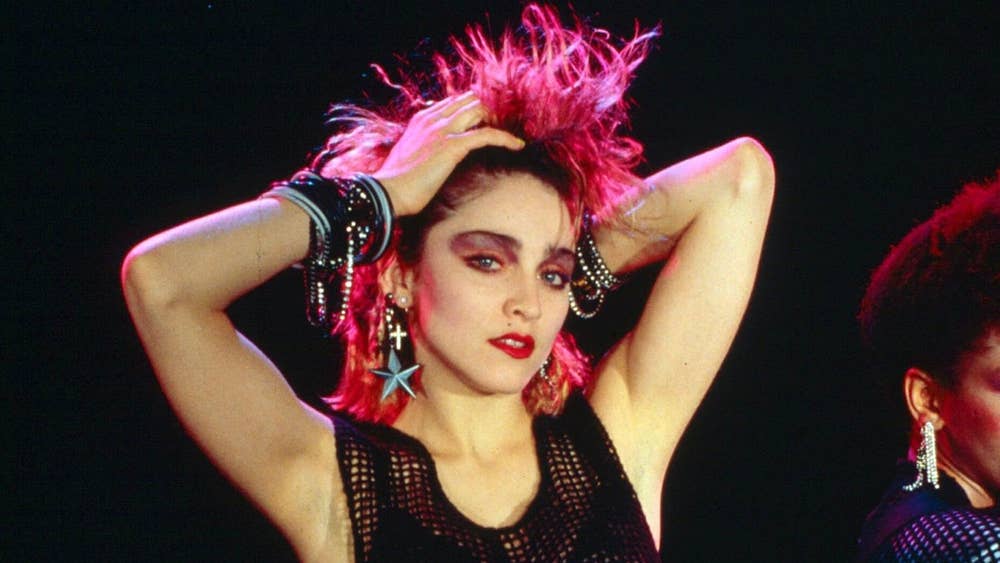
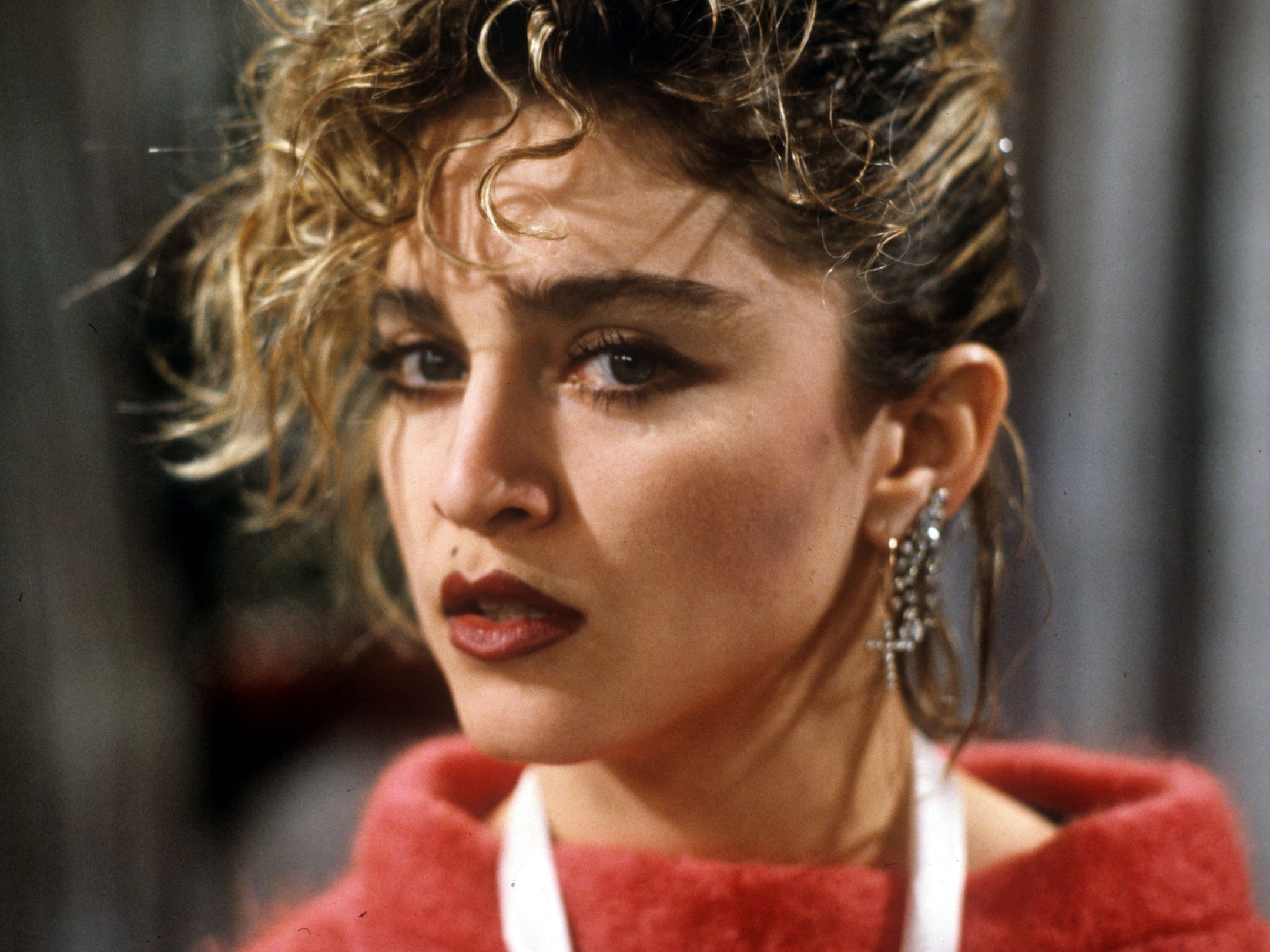
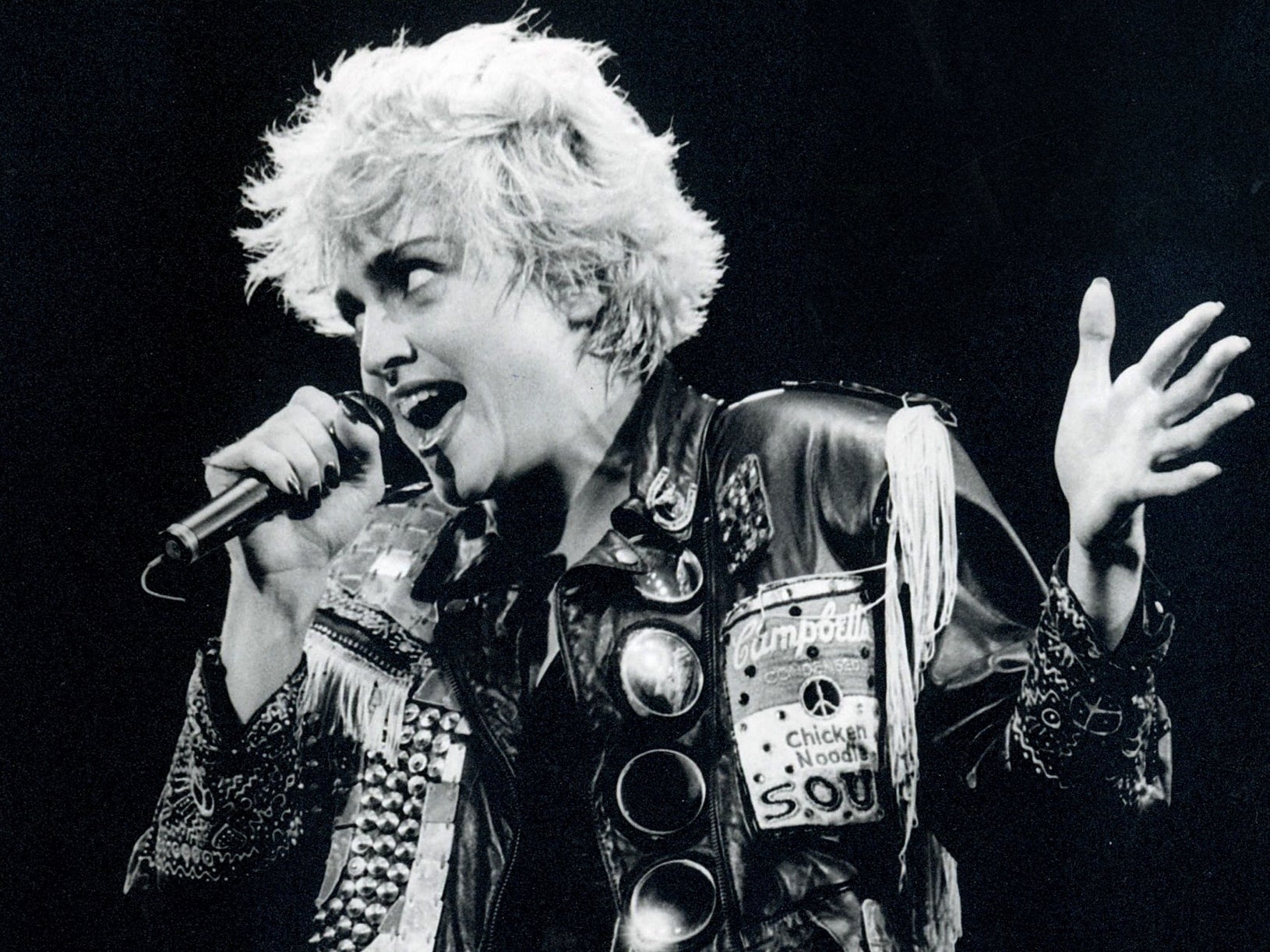
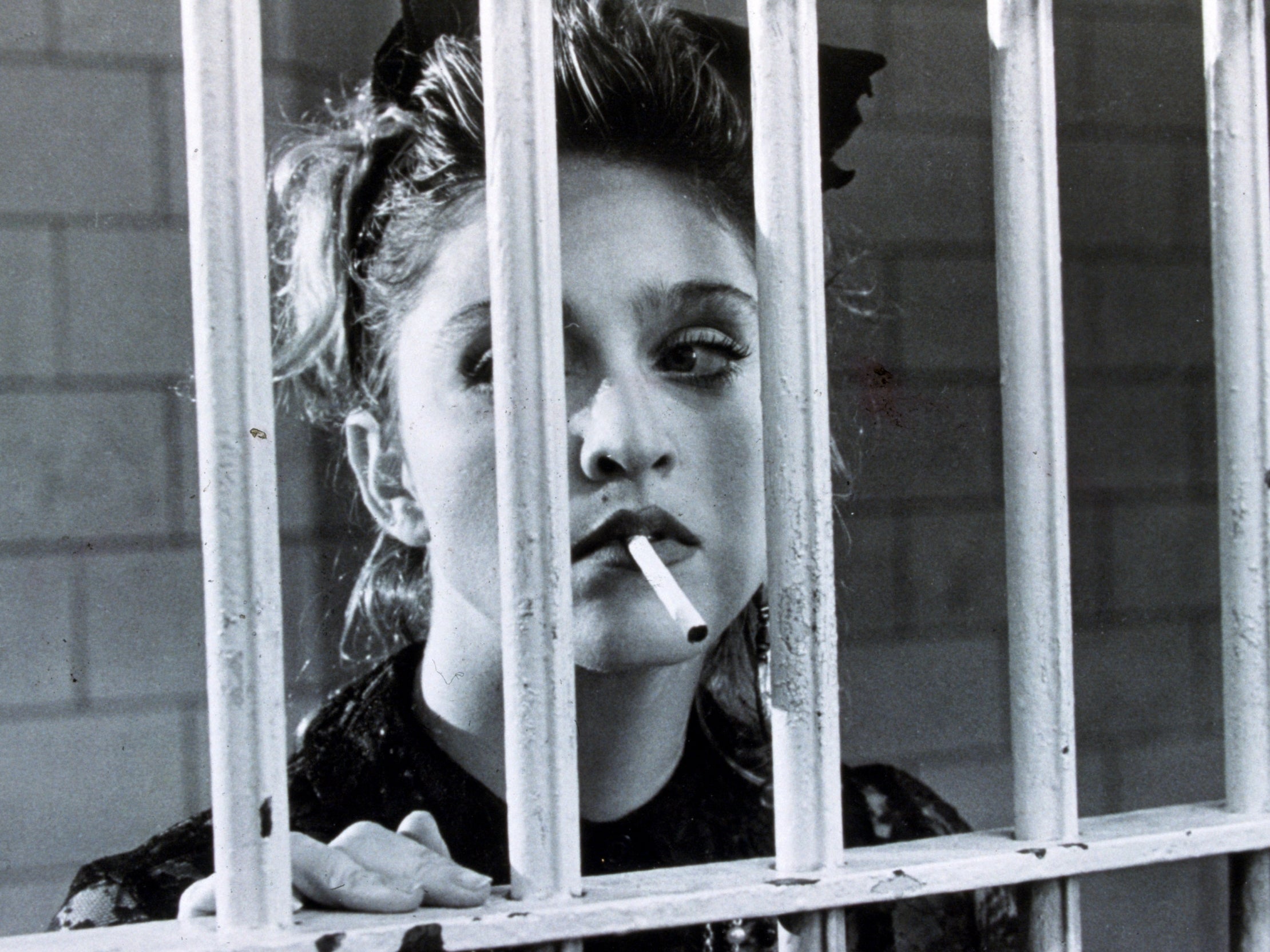
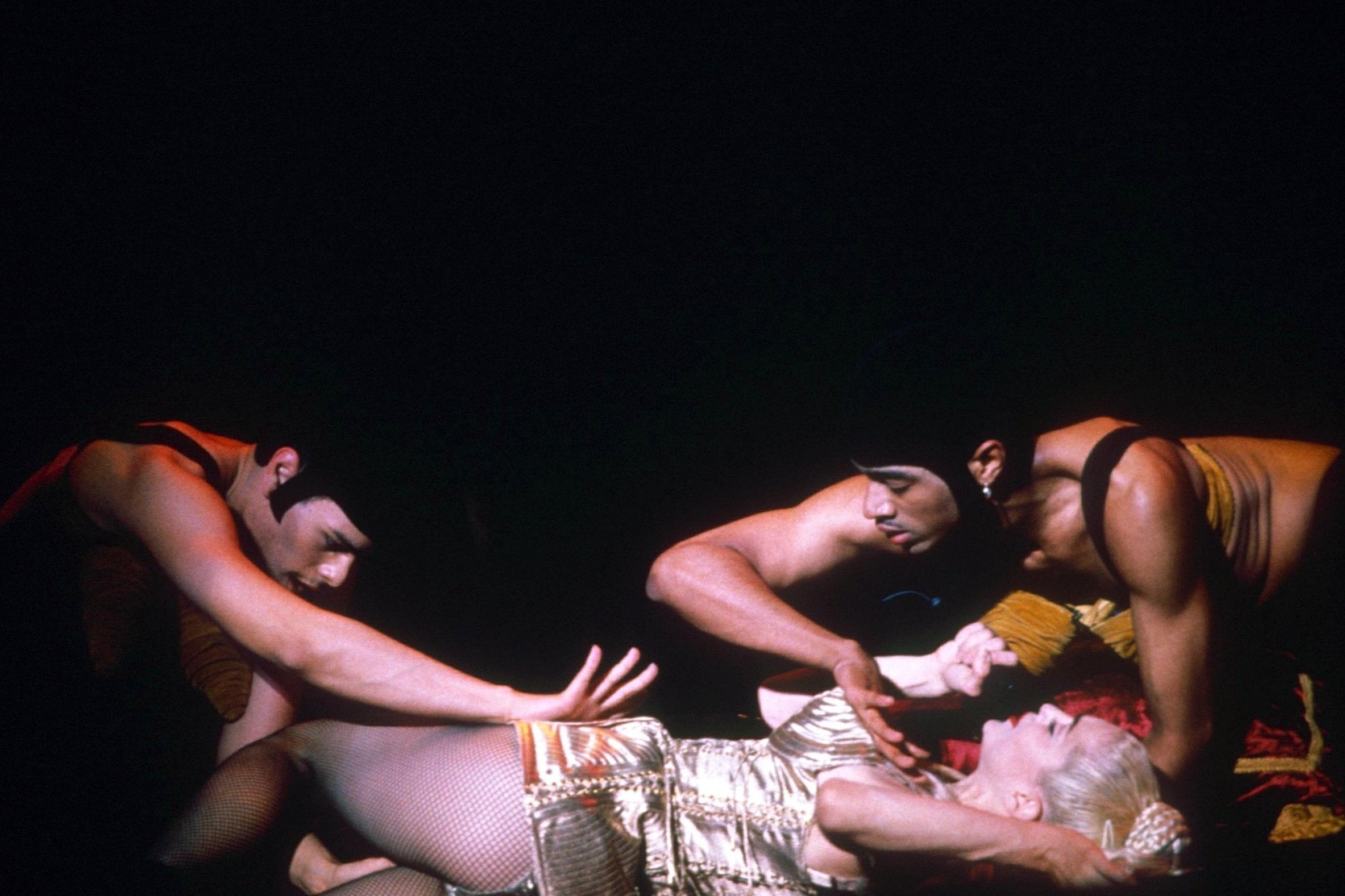
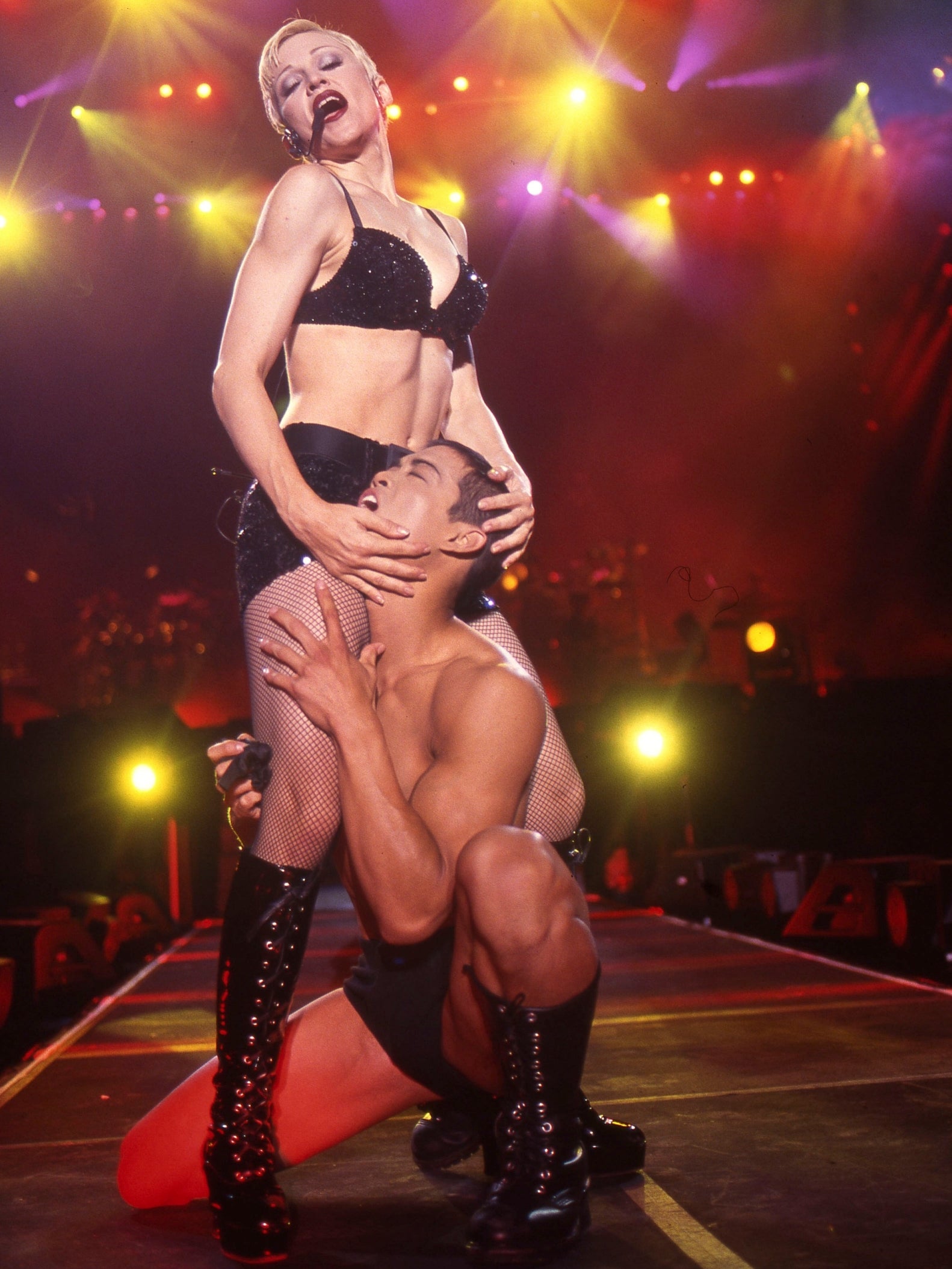
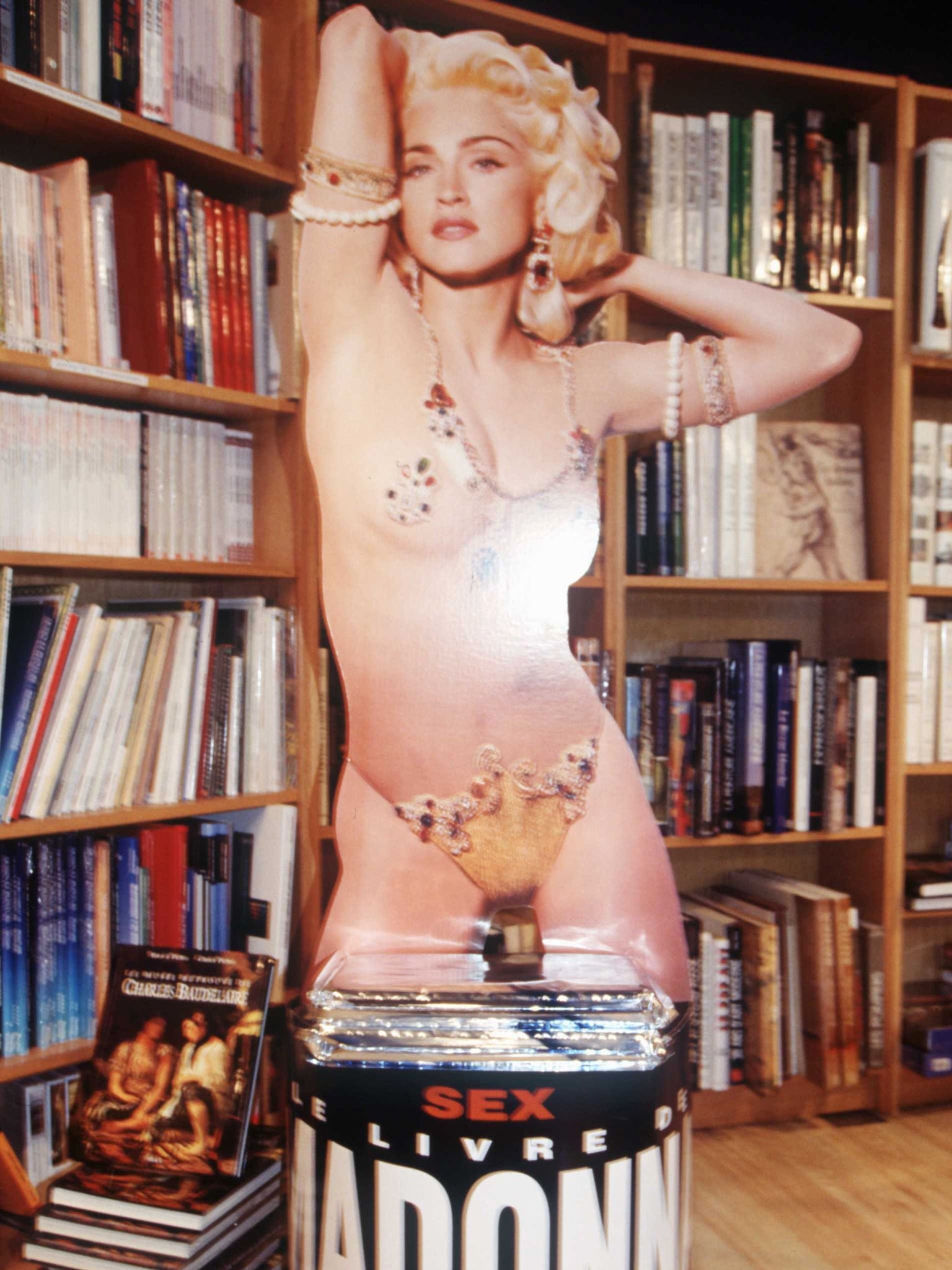
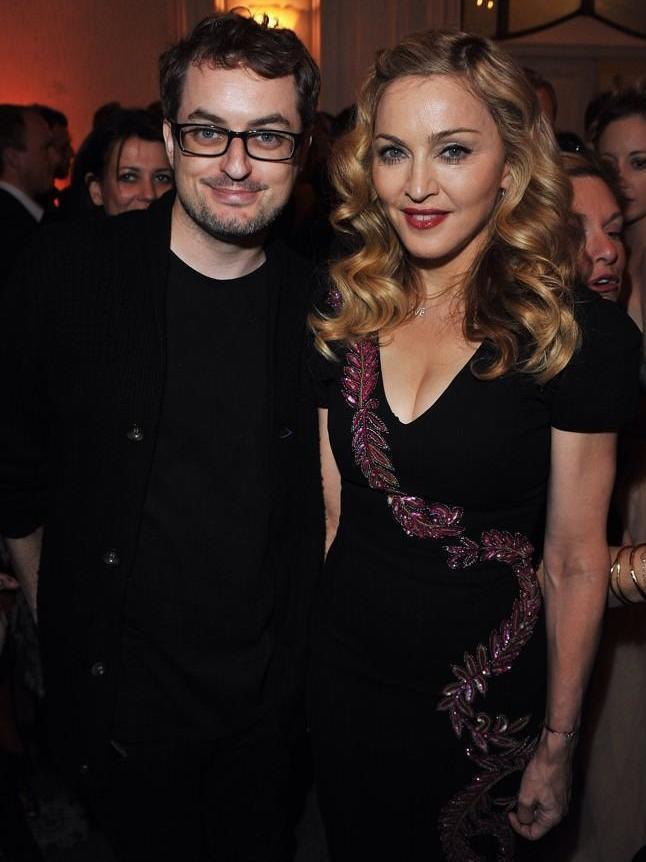
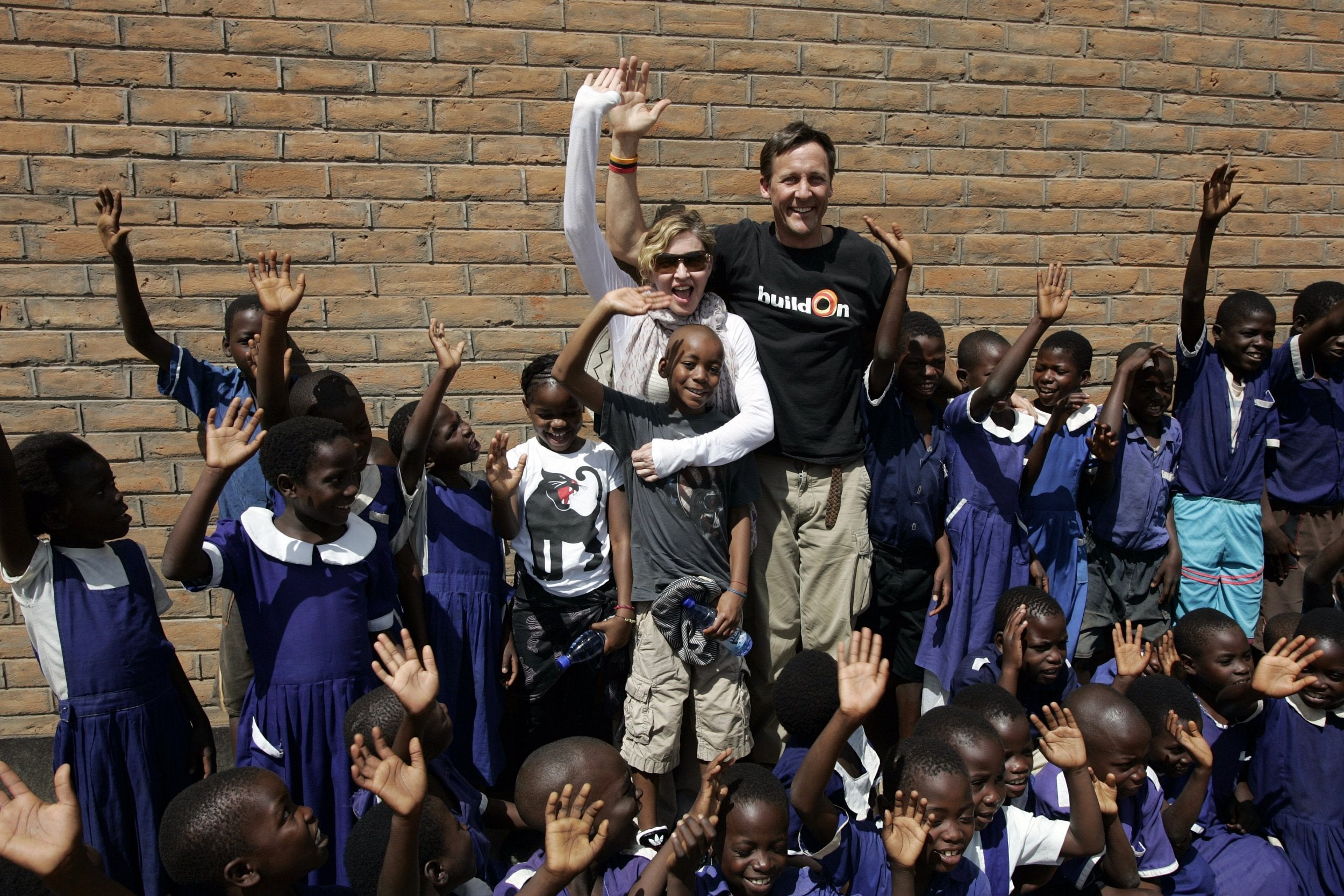
Nenhum comentário:
Postar um comentário